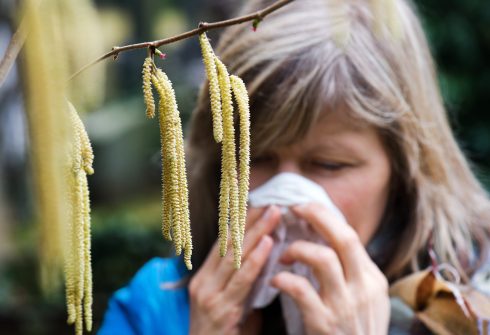THE World Health Organisation (WHO) says that it has detected an ‘alarming’ increase in measles cases in Europe over the last year, and is calling for an increase in vaccinations in order to combat this surge.
Fortunately for Spain, the disease is considered to have been eradicated thanks to vaccination levels that reached 95% of the population, according to online news site Andalucia Informacion.
Thanks to this protection, there were just 11 confirmed cases in Spain last year, all of which were imported from other countries.
But across Europe 42,200 people were infected in 2023 compared to just 941 during the whole of the year before.
Measles is a highly contagious infectious disease that is caused by the measles virus. Symptoms include a fever, coughing, a runny nose and inflammation of the eyes, while spots may form inside the mouth. A red rash usually starts on the face and then spreads all over the body some three to five days after symptoms begin.
The disease has no treatment and usually clears up in 10 days, but complications can include pneumonia, meningitis, blindness and seizures.

According to the WHO, the rise in cases is partly due to a reduction in vaccination rates that was seen during the years of the Covid-19 pandemic.
“We have seen, in the region, not only a 30-fold increase in measles cases, but also nearly 21,000 hospitalisations and five measles-related deaths. This is concerning,” said Dr Hans Kluge, the WHO’s regional director for Europe.
“Vaccination is the only way to protect children from this potentially dangerous disease,” he added.
The WHO estimates that 1.8 million children in Europe were not vaccinated against measles between the years 2020 and 2022.
Read more:
- West Nile Virus is found in 50,000 mosquitoes in Spain’s Andalucia – these are the most at risk areas
- Flu vaccines will be offered at ALL health centres in Spain’s Andalucia from Monday
- Doctors call for face masks to be made mandatory in hospitals across Spain









